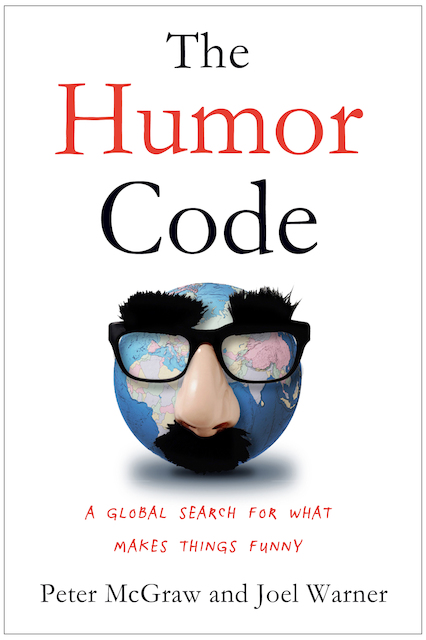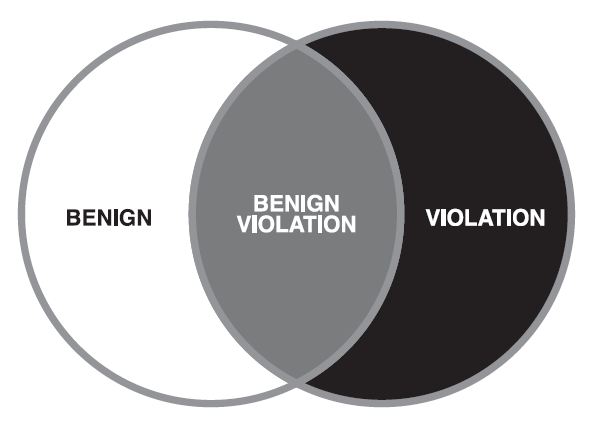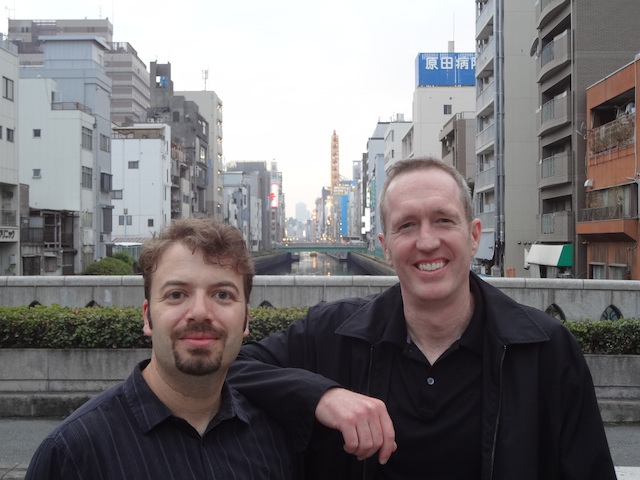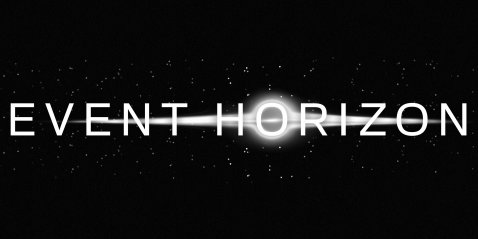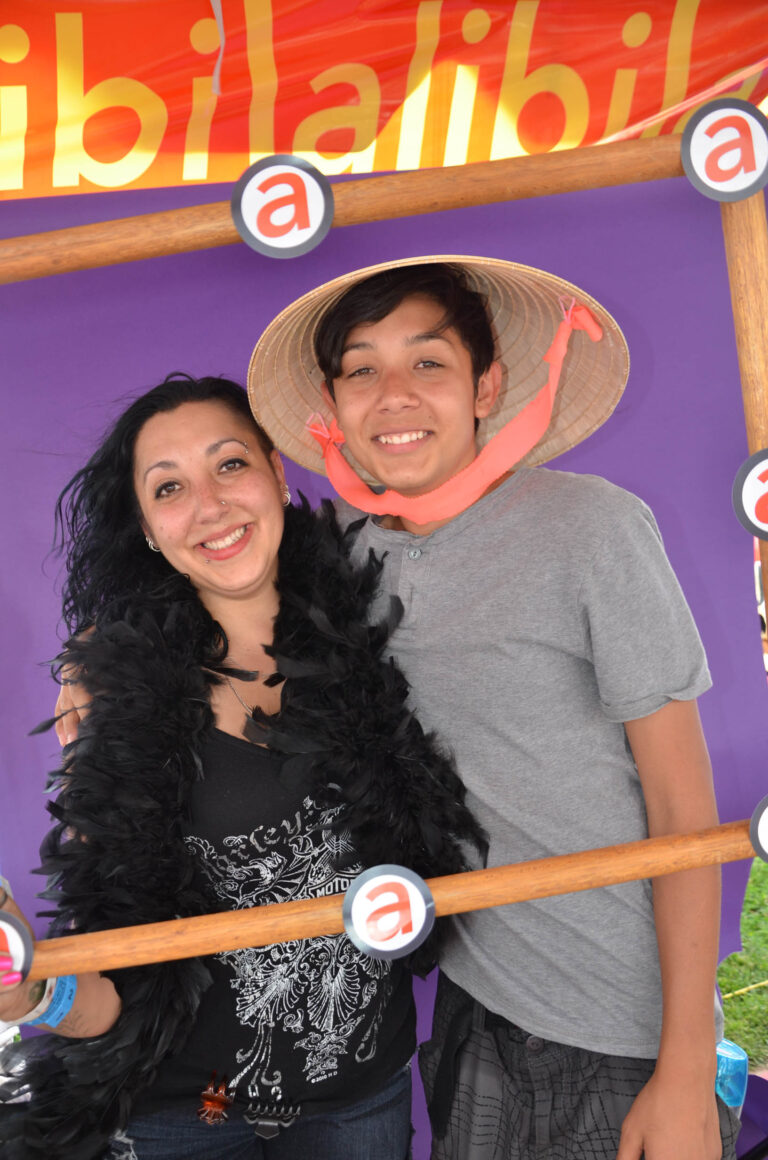The draw to comedy is strong. It angers us, offends us, heals us and for some of us, it defines an entire life. Psychology professor Peter McGraw and journalist Joel Warner study comedy extensively in their new book, The Humor Code. These two men are profoundly drawn to comedy and travel the world to try to understand it at a deeply human level.In the Humor Research Lab—or HuRL—in Boulder, Colorado, McGraw developed a concept about comedy he calls the Benign-Violation Theory. “Humor only occurs,” according to his and Warner’s explanation in The Humor Code, “when something seems wrong, unsettling or threatening (i.e., a violation), but simultaneously seems okay, acceptable, or safe (i.e., benign).” They use various jokes to exemplify their theory—such as, “Why did the monkey fall out of the tree? Because it was dead.” A monkey falling out of a tree seems to be benign but it turns into a joke when it is revealed that the monkey is dead, a very clear violation. In the book, McGraw and Warner travel the world testing this theory and asking questions about what makes something funny. This all began with McGraw wanting to try comedy for the sake of science, “so I took him to the Squire,” says Warner. The open mic at the Squire in Denver is notorious for being the most difficult in the country. Or as Warren explains in The Humor Code, “As a local comic put it to me, ‘If you fail at the Squire, not only will you fail hard, but then you will be cruelly mocked.’” As expected, McGraw failed horribly. So badly, in fact, that not only did he break the mic, but after his set the host of the show said, “That’s a sweater vest he’s wearing, not a bulletproof vest. So go ahead and shoot him.” This failure bothered McGraw. He had applied his theory to create jokes and yet he wasn’t able to secure laughs—and so began his quest with Warner to test his theory further and perfect his execution of it. “The conversations are broader out in the real world,” says McGraw. “Academics are interested in minutiae. But comics are interested in the big questions like: What does it mean for something to be too soon? I got a lot of inspiration from those kinds of conversations.” The structure of the book reflects the kind of conversations McGraw and Warner were having on their travels. “Each chapter deals with a specific question,” says Warner. “Who is funny? How do you make funny? Can you find humor where you least expect it?” Through this process his questions about comedy deepened. Although McGraw still focused on his B/V theory, in this book it becomes much more of a way to look at how to frame discussions about comedy than a prescriptive or formulaic way to construct humor. Like any good theory it is still under debate and testable, but B/V does seem to hold up in various contexts while providing a nice framework to ask those deeper, broader questions. In The Humor Code, the theory’s application around the world isn’t what’s most interesting or valuable. What makes this book fascinating are the moments we see McGraw on stage working through his material and creating comedy—whether he’s failing at an open mic in Denver or getting laughs from a major comedy crowd at the Just for Laughs fest in Montreal, which he just so happened to work his way into even though he had only done comedy once before. Comics ask themselves, “Who the hell do I think I am, trying to make people laugh?” They often debate vigorously about what is and isn’t funny. They defend their stances or shift their thinking about comedy. The feelings and philosophies comics have about comedy are based on acutely visceral reactions to being on stage. McGraw took to the stage, tried comedy and used himself as a case study. That alone was a bold and noble move toward finding and defining what makes humans laugh. —Genevieve Mueller is a writer and comedian living in Albuquerque. She performs all over the country and runs two monthly shows in Albuquerque: Comedians Power Hour and The Comedy Storytelling Show at La Tortuga Gallery. More information can be found at genevievemuellercomedy.com or on Twitter: @fromthefloorup.
The Humor Code: A Global Search for What Makes Things Funnyby Peter McGraw and Joel Warnerhardcover, $26Simon & Schuster
